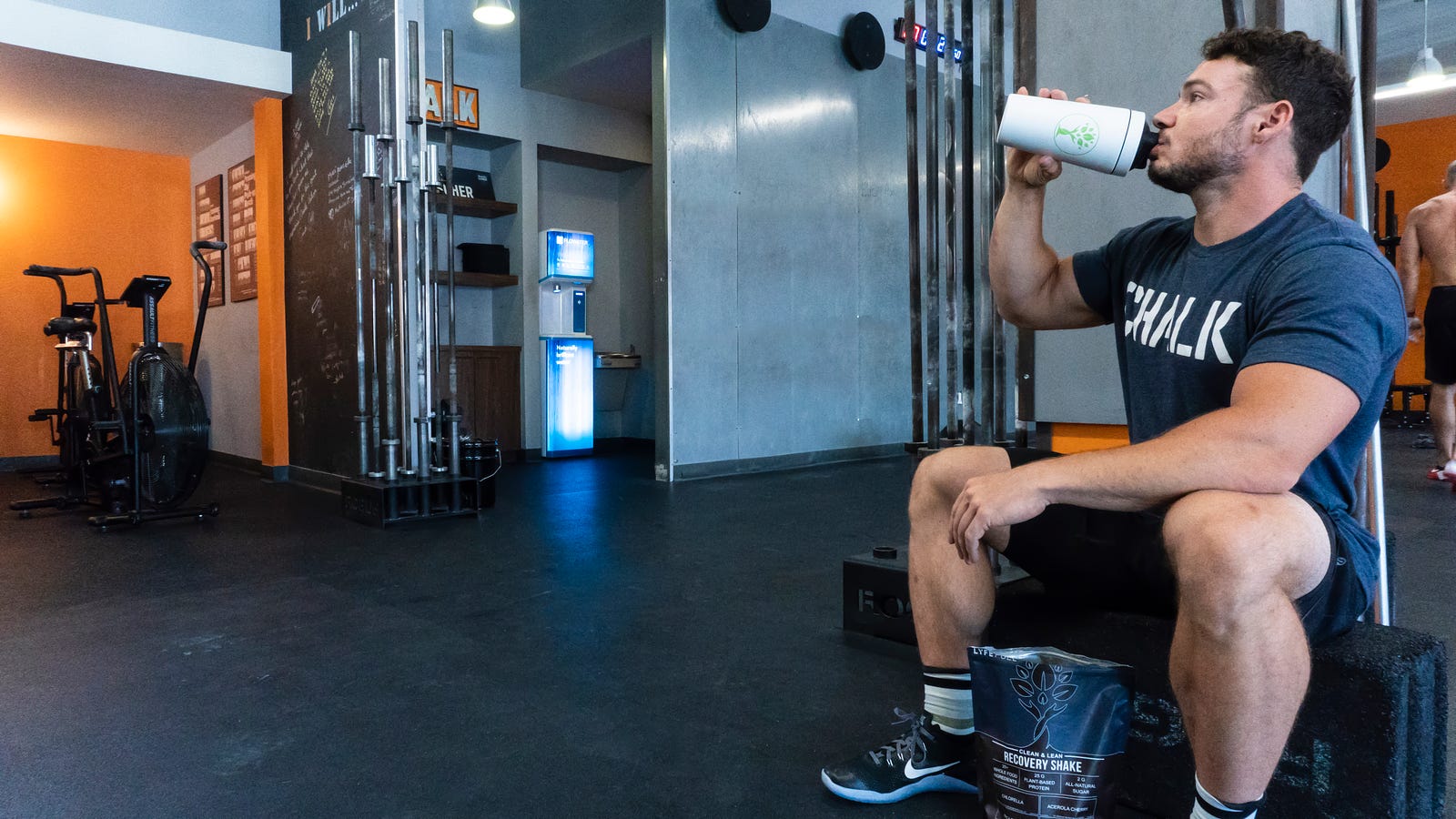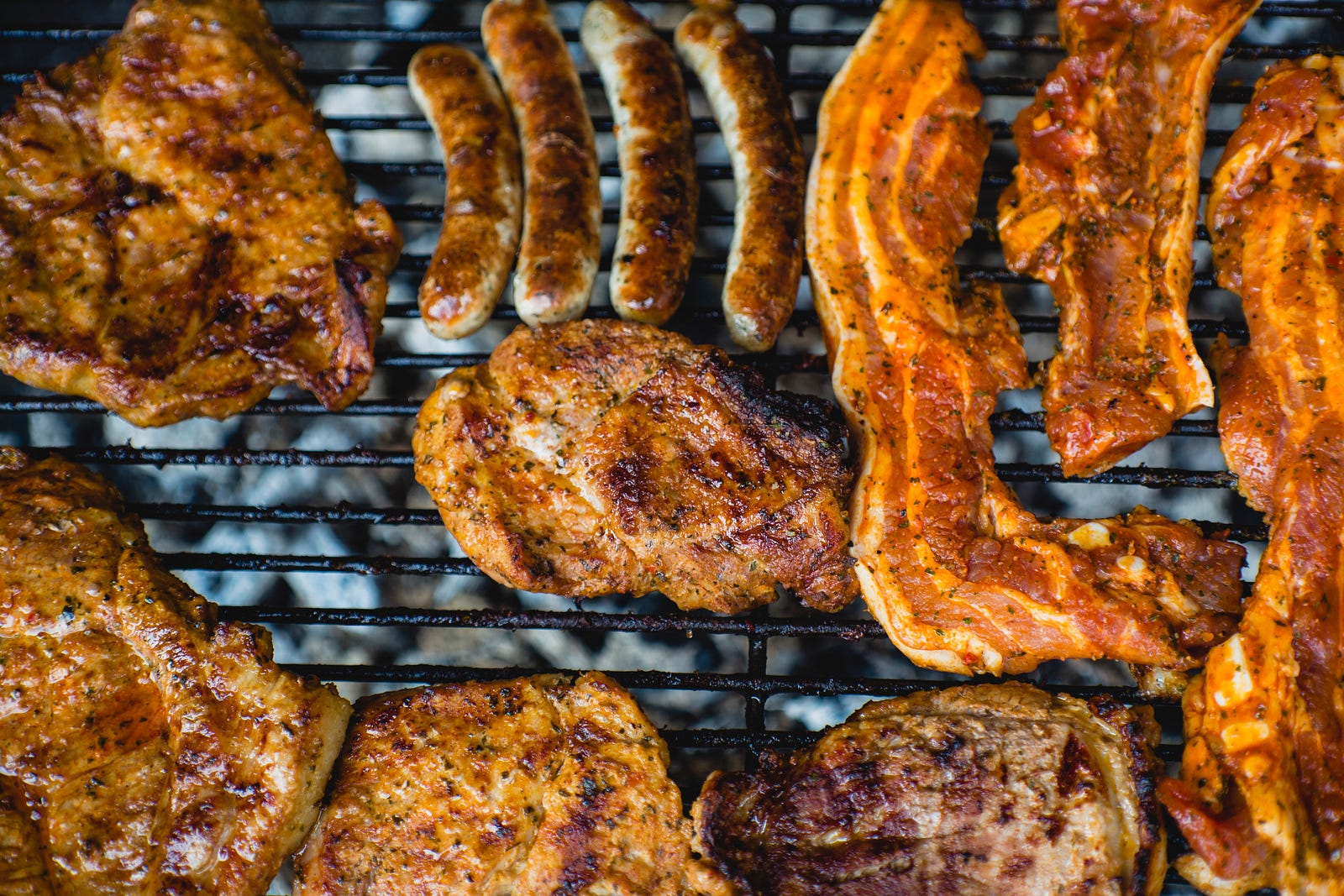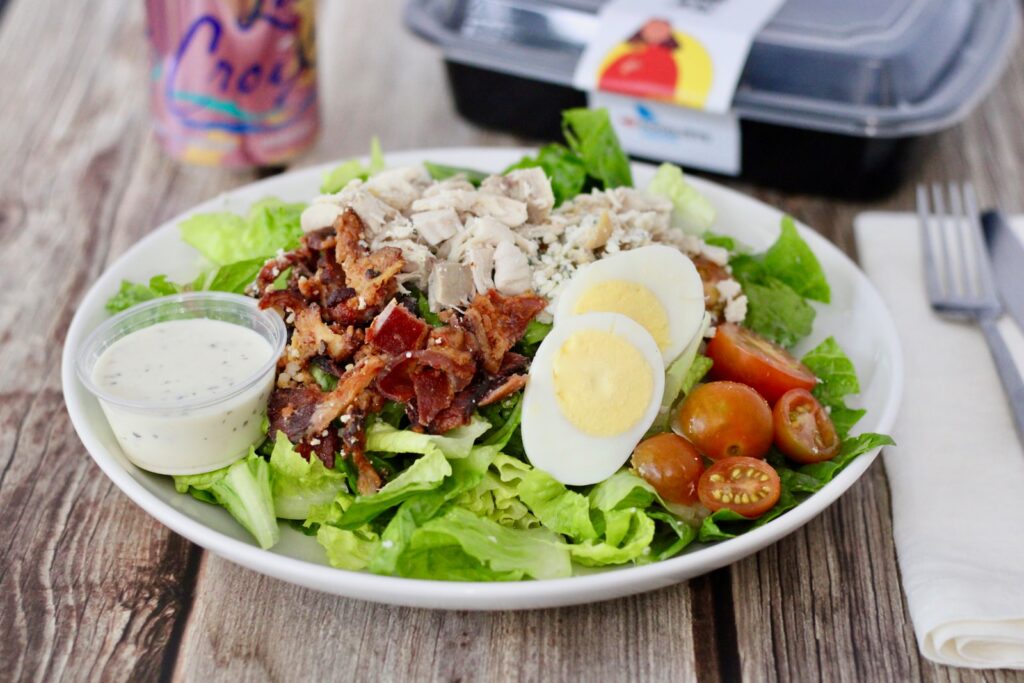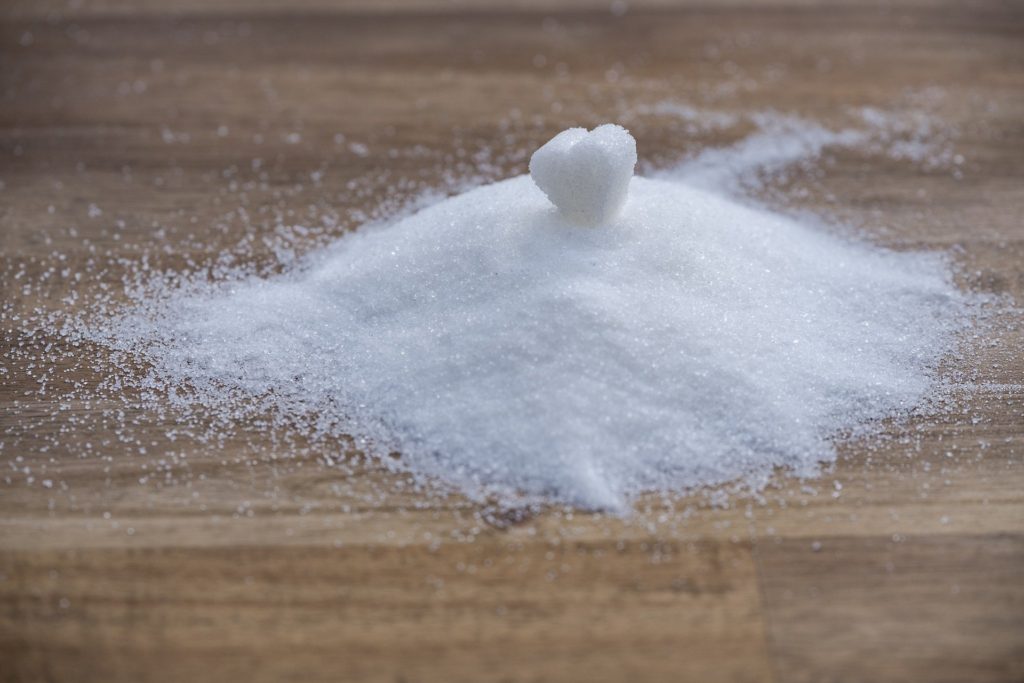When you start a new diet plan and begin tracking your calories, carbs, fats, and protein, it’s hard to know exactly how much of each macronutrient you should eat.
This is especially true for a ketogenic diet, where people tell you to avoid protein since it may kick you out of ketosis.
In general, most experts in low-carb nutrition agree that keeping your total fat intake between 60–80% of daily calories is ideal.
But, protein recommendations are a little trickier because research has shown that somewhere between .8 grams and 2 grams of protein per kilogram of lean body mass is ideal for weight loss or muscle gain.
In this article, I’ll discuss the risks of consuming too much protein on the keto diet and how much protein is too much if you want to stay in ketosis.
How Much Protein Should You Eat on the Keto Diet?
On a ketogenic diet, you should aim to consume at least 1 gram of protein per kilogram (2.2 pounds) of your body weight. So, if you weigh 150 pounds, you should aim to consume around 70 grams of protein daily. However, if you are obese, you don’t need to consume more than 70 grams of protein per day since much of your weight is fat.
In general, if you are a beginner to keto and are just trying to lose weight, I wouldn’t worry too much about your protein intake.
As long as you eat some protein-rich foods, such as meat, eggs, milk, etc, then your protein levels would be in the right range.
But, if your main goal on keto is to build muscle, that is a different story.

How Much Protein Should You Eat on the Keto Diet to Gain Muscle?
If you want to gain muscle on a ketogenic diet, you should increase your daily protein intake to 1 gram of protein per pound of body weight (0.45 kilograms). For example, if you weigh 160 pounds, you should aim to consume 160 grams of protein per day. These amino acids that you consume will help to build new muscle tissue.
When you’re trying to grow muscle on keto, you need to make sure that you are eating enough protein for muscle growth but also not eating so much protein that you kick yourself out of ketosis.
So, as long as you eat protein with each meal, you’ll still gain muscle with a ketogenic diet.
Does Protein Raise Insulin?
Some people fear protein since it raises insulin, but that doesn’t mean that you should avoid it. Even though protein can raise your insulin, it won’t raise it nearly as much as other foods, such as carbs. So, even if your goal is to lose weight or manage your insulin, you should still consume protein since it’s good for you.
If you want to lower the insulin, or fat-storage hormone response you get from eating protein, make sure to add some fat to your protein.
So, instead of just eating chicken breast with your salad, you can use a fattier cut of chicken and add olive oil and cheese to your salad.

Can Too Much Protein Kick You Out of Ketosis?
While it is possible to eat too much protein and potentially kick yourself out of ketosis, it’s unlikely to happen. This is because the insulin response from consuming protein is relatively low compared to the insulin response you get from consuming carbs.
So, as long as you add some fat to your diet, you likely won’t get kicked out of ketosis by eating too much protein.
However, if you do a high-protein diet, such as the Atkins diet, you will likely get kicked out of ketosis.
So, just make sure you focus on fats as the number one priority and protein as the second.
The Risks of Eating Too Much Protein on a Ketogenic Diet
Here are some of the risks of consuming too much protein on a ketogenic diet:
- Kicked Out of Ketosis–Too much protein can raise your insulin and kick you out of ketosis, thus preventing you from reaping the health benefits of the ketogenic diet.
- Increased Kidney Issues–If you are eating a diet that contains too much protein, you could put yourself at risk of developing kidney stones or gout.
- Increased Insulin–Excess protein consumption can also cause an increase in insulin, which is something you want to avoid if you are trying to lose weight.
- Increased Risk for Colorectal Cancer–Eating too much protein also increases your risk of contracting colorectal cancer.
- Increased Digestion Issues–Too much protein can also make you feel bloated, gassy, and sleepy.

How to Stay in Ketosis While Eating Enough Protein
If you want to stay in ketosis while eating enough protein, make sure you consume no more than 1 gram of protein per pound (0.45 kilograms) of body weight. This will ensure that your insulin stays low and that you stay in ketosis.
Depending on your activity level, you might need more or less protein.
If you are trying to build muscle, then you will need more than the RDI.
If you aren’t sure how much protein you should eat, you can ask your doctor to help you determine your daily protein needs.
If you are following a ketogenic diet, you must ensure that you are consuming adequate protein and not eating so much that you kick yourself out of ketosis.
One way to make sure that you are eating the right amount of protein is by tracking the amount of protein that you eat each day for a day or two and then making sure it’s under 1 gram of protein per pound of your body weight.
Conclusion
Too much protein can kick you out of ketosis.
However, for most people, this isn’t an issue.
As long as you consume less than 1 gram of protein per pound of your body weight, you likely won’t get kicked out of ketosis.
If your goal is just to lose weight, you don’t need to consume that much protein.
But, if your goal is to build muscle, you should aim to consume around 1 gram of protein per pound (0.45 kilograms) of your body weight.
This will ensure that you have enough amino acids to build muscle, but also not too much to the point where your insulin raises and that you get kicked out of ketosis.
I hope this article was helpful!
If you want to find out how I lost 40 pounds with keto and OMAD, you can read my article here, where I explain exactly how I did it and how I would do it if I started all over again.
- Can You Still Lose Weight If You Aren’t in Ketosis? - February 8, 2023
- Can the Keto Diet Help With Depression? - February 8, 2023
- Why Does Processed Food Make You Fat? - January 2, 2023




